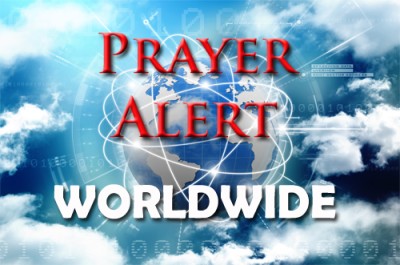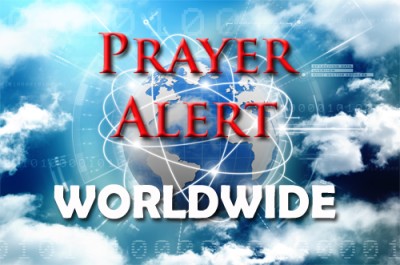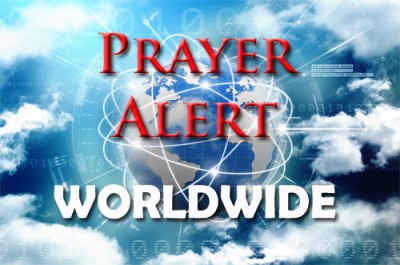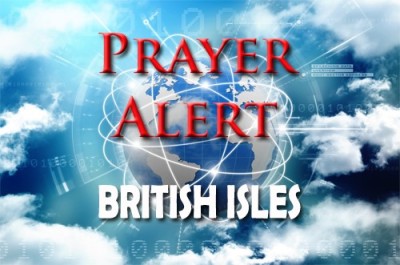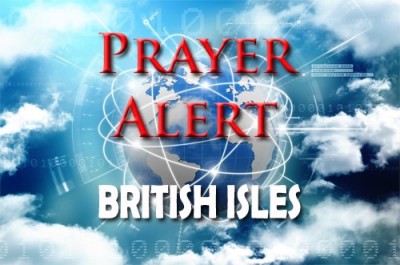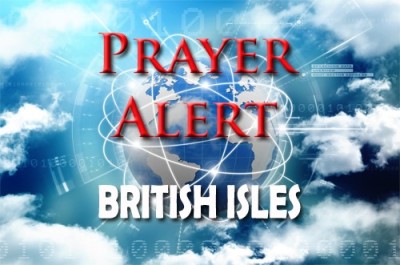Following the national elections, Narendra Modi is set to lose his parliamentary majority. His Bharatiya Janata Party (BJP) may need to form alliances to retain power. The current poll results suggest that while the BJP will remain the largest party, it might fall short of an outright majority, securing between 230-240 seats in the 543-member Lok Sabha, the lower house of Parliament. This potential shortfall would force Modi to seek coalition partners to govern effectively - a significant shift from the 2014 and 2019 elections, where the BJP secured decisive victories. Despite his personal popularity, this result might reshape India's political landscape, making governance more complex and coalition-dependent. He will find it challenging to maintain political dominance amid increasing economic and social challenges, including high unemployment and rural distress. Some fears have been expressed about his long-term future, and the Indian stock market has tumbled in value in response.
Claudia Sheinbaum, former mayor of Mexico City, has been elected as Mexico's first female president, with 58% of the vote. This strengthens the Morena party's control, following outgoing president Andres Manuel Lopez Obrador (AMLO). Despite concerns about Sheinbaum’s close ties to AMLO, both have insisted he will not influence her administration. She has committed to addressing Mexico's issues, particularly violence and security; the country is plagued by over 30,000 murders a year. During her tenure as mayor, the homicide rate in the capital dropped by 50%, credited to improved security measures. She plans to continue AMLO's strategy of non-confrontation with crime groups, relying on the national guard for security. Analysts expect Sheinbaum's presidency to be more disciplined and globally aware than AMLO's. However, the challenges she faces were highlighted when a female mayor was shot dead on 4 June.
USA: Trump convicted, but does it matter?
07 Jun 2024American democracy faces a strange moment as Donald Trump, the leading Republican candidate, has been found guilty on 34 counts of falsifying business records. The verdict confirms that he altered financial accounts for his 2016 campaign, marking him as a convict. His murky past now seems to have caught up with him. On the other hand, it could be said that the district attorney, Alvin Bragg, combined tax misdemeanours into an indictment, and Judge Juan Merchan's aggressive behaviour has aroused suspicions. Describing it as a rigged trial, Trump has said, ‘Our country has gone to hell. The real verdict is going to be on 5 November by the people’. Democrats fear he might be right, as previous legal actions have boosted his popularity. His sentence, to be decided on 11 July, coincides with the Republican convention. In November we will find out whether Americans view Trump as a criminal or see Biden and his party as the real culprits.
Satanist accepts Jesus during mass baptism
31 May 2024A historic mass baptism event in California saw a Satanist convert to Christianity among 12,000 baptised participants, breaking records across the state. Held over a weekend, 'Baptise California' took place at multiple locations, Huntington Beach being a primary site. The event featured worship music by leaders like Sean Feucht, numerous testimonies, and speakers sharing messages of spiritual renewal. Preliminary reports indicate over 6,000 baptisms at Huntington Beach alone, with another 6,000 across various churches. Pastor Mark Francey, founder of the event, expressed his excitement: 'God lit a match yesterday! If God can do this in California, it can happen across America!' Francey, the pastor of Oceans Church, initially garnered attention last year with 'Baptise SoCal,' which saw 4,200 baptisms, a record soon surpassed by Pastor Greg Laurie's event with 4,500 baptisms. Francey’s vision for 'Baptise California' was to unite the state for an unprecedented spiritual awakening, a goal he feels was achieved, as evidenced by the overwhelming turnout and profound impact.
Shawn Ryan, a former Navy SEAL, once sought to bust drug lords in Colombia. However, his post-military life took a dark turn when he became addicted to adrenaline and established a drug trafficking ring in South America. Growing up, he struggled academically and socially, leading him to join the military. Despite initial rejections, he found his place in the Navy SEALs. He served in Afghanistan and Iraq, combating deadly threats like explosively formed penetrators. Then he became a Blackwater and CIA contractor, numbing his traumatic memories with drugs. His addiction and thrill-seeking led him to the jungles of Colombia, where he overdosed multiple times. Realising the danger he posed to himself and his family, he fled back to the USA and sought therapy, which saved his life. He met his future wife, Katie Jean, in Florida and started a family. Despite these positive changes, Shawn hadn’t yet found faith until a vacation in Arizona. Three uncanny experiences convinced him of God’s existence, leading him to embrace Christianity. Now, he helps others with PTSD through his podcast, dedicated to exposing military injustices and sharing his newfound faith in Jesus.
The Labour Party has widened its lead over the Conservatives, according to a YouGov poll. The poll, conducted on 27 and 28 May with 2,128 adults, showed Labour at 47% and the Conservatives at 20%. This indicates no significant boost for the Tories following Rishi Sunak’s decision to call a general election for 4 July instead of waiting until autumn. The Conservatives face challenges in reuniting their 2019 voter base, with only 36% of those voters currently supporting them. Additionally, 19% of 2019 Tory voters would now choose Reform UK, 19% are undecided, and 14% would switch to Labour. Sunak announced the election after inflation fell to 2.3% in April, claiming his plan is effective. However, Labour criticised his apprenticeship policy while promoting their NHS backlog reduction plan, which includes additional appointments and doubling the number of scanners.
Three major parties rule out raising VAT
31 May 2024Labour, the Conservatives, and the Liberal Democrats have all pledged not to raise value-added tax (VAT) if they win the general election. Chancellor Jeremy Hunt confirmed that the Tories would maintain the current VAT rate, challenging Labour to do the same. Shadow chancellor Rachel Reeves dismissed claims of a planned VAT hike as 'nonsense,' also ruling out increases in income tax or National Insurance. Lib Dem spokesperson Munira Wilson echoed this. Ahead of the official election campaign, Labour promised economic stability and explicitly ruled out tax hikes for working people. They plan to impose VAT on private school fees to fund state school teachers. Jeremy Hunt criticised Labour's tax stance, suggesting a potential VAT rise if they win. However, Rachel Reeves labelled this claim 'absolute nonsense’, reiterating Labour's commitment not to increase taxes on working people.
Number of UK homes for sale hits eight-year high
31 May 2024The UK housing market currently has £230bn worth of homes for sale, the highest supply in eight years, keeping house prices stable for the rest of 2024. According to Zoopla, the supply of homes for sale is 20% higher than last year, with the average estate agent handling 31 homes - the highest level in eight years. Richard Donnell, Zoopla's executive director, said the increased supply reflects renewed homeowner confidence, leading to a rise in house prices as more sales are agreed upon. Sales have increased by 13% year-on-year, with a third of homes for sale having been marketed in 2023. The surge in supply is due to more three- and four-bedroom homes returning to the market as owners feel confident to move despite rising mortgage rates. The upcoming general election in July is not expected to impact the property market significantly, with 392,000 homes in the sales pipeline. Experts say that serious buyers and sellers should price their homes realistically to achieve sales despite election uncertainties.
